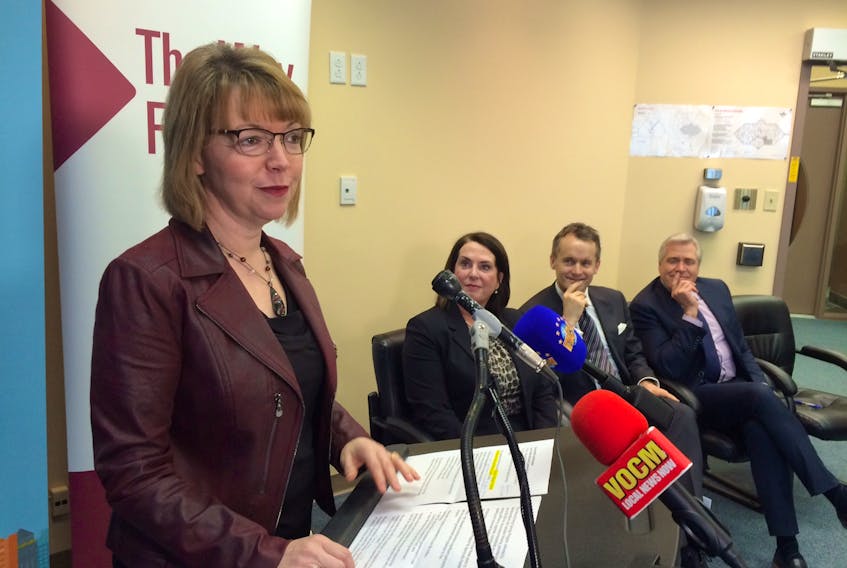ST. JOHN'S, N.L. — The Newfoundland and Labrador government and Ottawa are teaming up to support the province’s climate action programs.
Friday, both levels of government announced they are contributing close to $44 million each over the next four years for programs and projects that will reduce greenhouse gas (GHG) emissions in the province. The federal portion comes from Ottawa’s low carbon economy leadership fund.
The first two programs announced are the expansion of the home energy savings program and the energy efficiency and fuel switching in public buildings rogram.
The former will be expanded to include assistance for low-income homeowners who are using alternate heating sources such as propane, diesel or wood biomass; those reliant on electricity heating will continue to be eligible as well.
The province is in for $6.4 million with the feds tossing in $2.1 million.
The latter, meanwhile, will promote energy efficiency and fuel switching initiatives in government owned and operated buildings, including post-secondary institutions.
Ottawa takes on the lion’s share of investment here, to the tune of $8.75 million. The province is in for $4.37 million.
By 2030, the programs developed under the fund to date are expected to deliver 776,000 tonnes of cumulative greenhouse gas emissions reductions and 187 direct persons years of employment.









